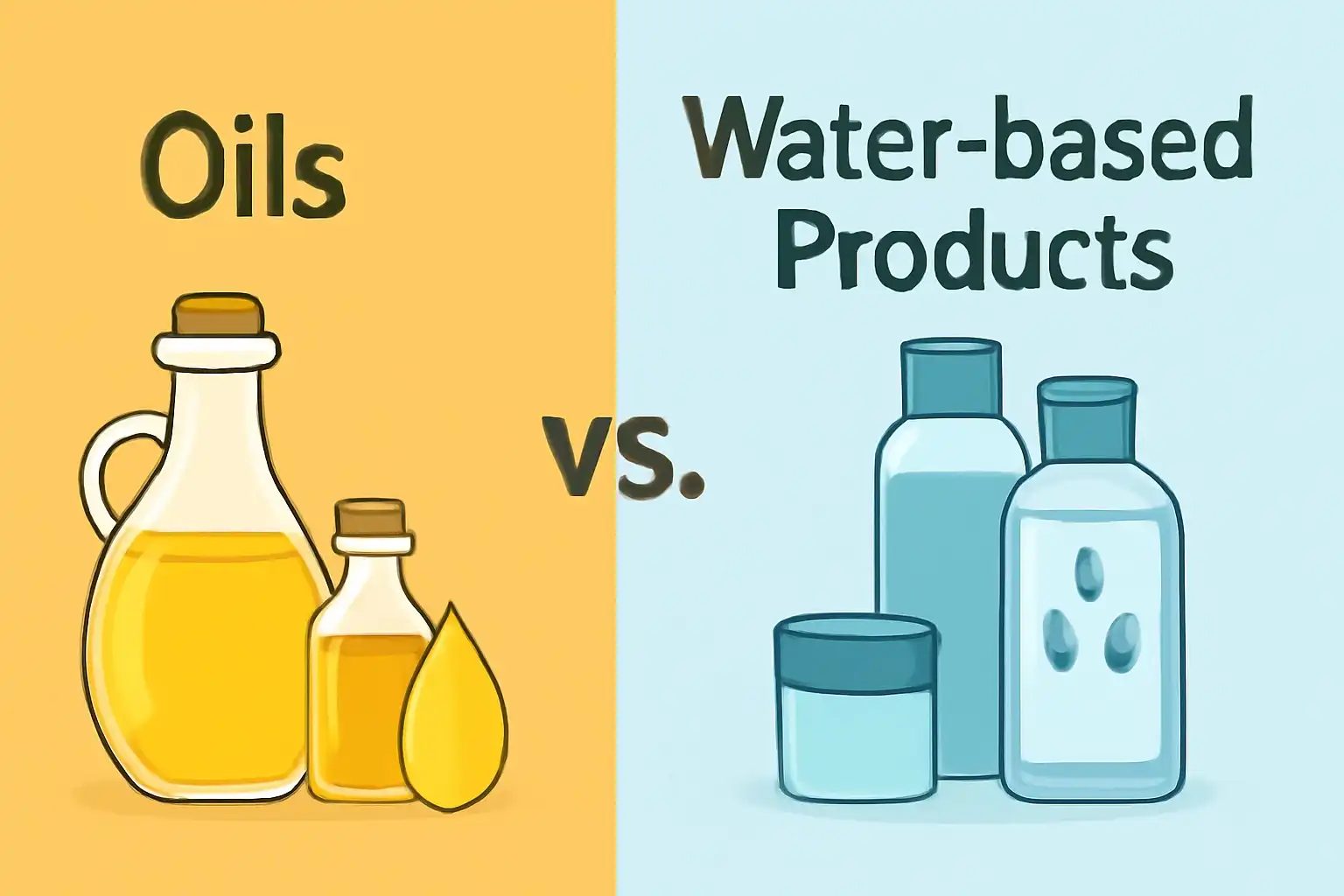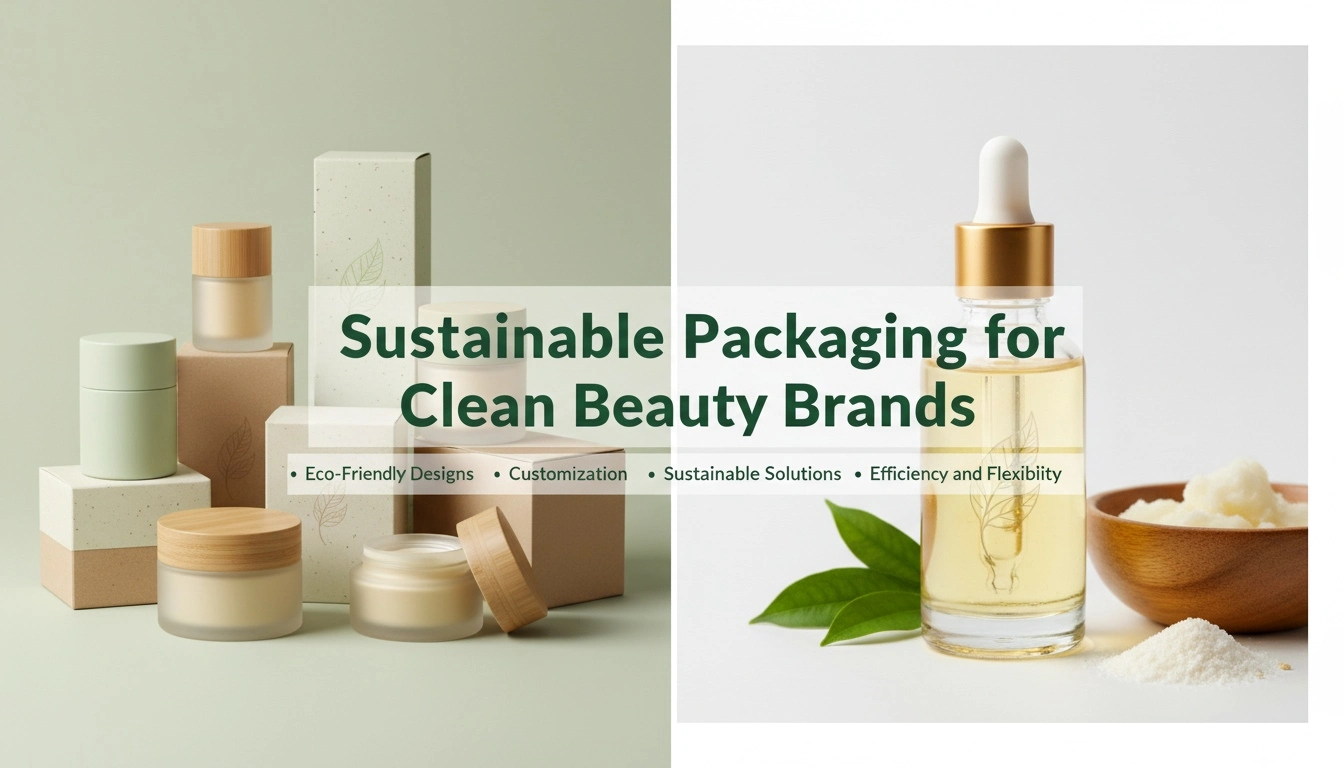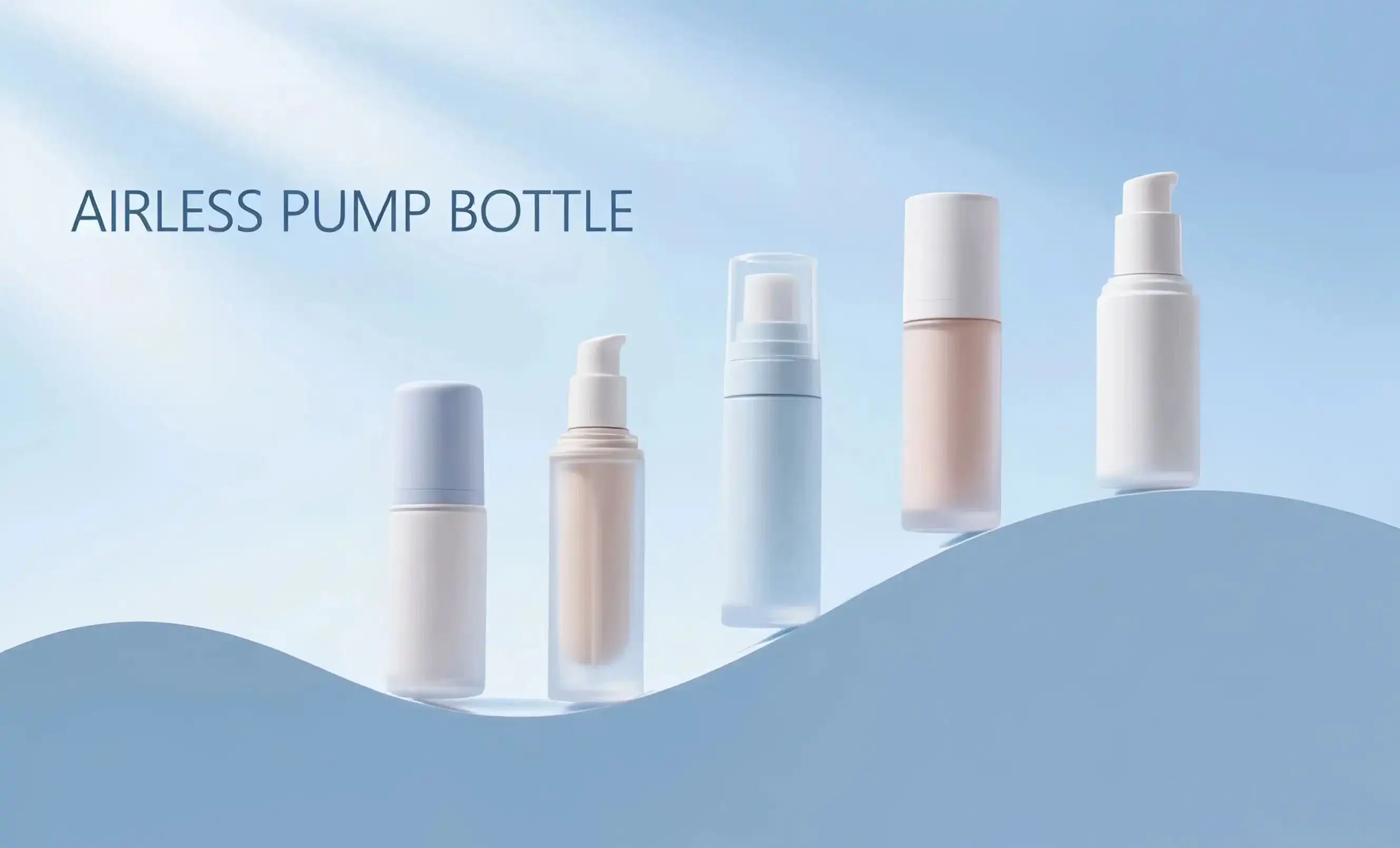Viscosity Considerations: Choosing the Right Pump
The viscosity of a product plays a crucial role in determining the most suitable pump mechanism for airless bottles. Oil-based formulations typically have a lower viscosity compared to water-based products, which can affect how easily they dispense from the container.
Topfeelpack's Innovative Pump Solutions
For oil-based products, a pump with a finer nozzle and lower output volume per stroke is often preferred. This ensures precise dispensing without overflowing or wasting product. Topfeelpack offers specialized pumps designed to handle the unique properties of oil-based formulations, providing smooth and controlled dispensing.
Water-based products, on the other hand, may require pumps with larger nozzle openings and higher output volumes. These formulations often have a higher viscosity and may contain particles or active ingredients that need to be evenly distributed. Airless bottles equipped with appropriate pumps can effectively dispense these products without clogging or uneven distribution.
Adjustable Pump Mechanisms
Some advanced airless bottle designs feature adjustable pump mechanisms that can accommodate a range of viscosities. This versatility is particularly valuable for brands that offer both oil-based and water-based products, as it allows for greater flexibility in packaging choices while maintaining consistent quality across the product line.
Material Compatibility: Preventing Product Degradation
The choice of plastic material for airless bottles is critical in ensuring long-term product stability and preventing any adverse reactions between the container and its contents.

Oil-Resistant Plastics for Oil-Based Formulations
Oil-based products require containers made from materials that are resistant to oil penetration and degradation. High-density polyethylene (HDPE) and polypropylene (PP) are commonly used for oil-based formulations due to their excellent barrier properties and chemical resistance.
These materials help prevent the migration of oils through the bottle walls, which could lead to product leakage or contamination. Additionally, they resist the potential softening or weakening effects that some oils may have on certain plastics over time.
Moisture-Barrier Properties for Water-Based Products
Water-based formulations benefit from airless bottles made with materials that offer strong moisture barrier properties. Polyethylene terephthalate (PET) and acrylonitrile butadiene styrene (ABS) are popular choices for these products.
These materials help maintain the product's water content, preventing evaporation and ensuring that the formulation remains stable throughout its shelf life. They also resist potential chemical interactions between water-based ingredients and the container material, which could otherwise lead to changes in product consistency or efficacy.
Shelf-life Extension: Airless Benefits for Different Formulations
One of the primary advantages of airless bottles is their ability to extend product shelf life by minimizing exposure to air and contaminants. However, the specific benefits can vary depending on whether the product is oil-based or water-based.
Oxidation Prevention in Oil-Based Products
Oil-based formulations are particularly susceptible to oxidation, which can lead to rancidity and loss of efficacy. Airless bottles provide an effective barrier against oxygen, significantly slowing down the oxidation process. This is especially important for products containing delicate ingredients such as vitamin E or essential fatty acids.
By maintaining a near-vacuum environment within the bottle, airless packaging helps preserve the potency and sensory qualities of oil-based products for extended periods. This can be a significant advantage for luxury skincare brands or products with a higher price point, as it ensures that consumers experience the full benefits of the formulation even towards the end of the product's use.
Microbial Protection for Water-Based Formulations
Water-based products are more prone to microbial contamination compared to their oil-based counterparts. Airless bottles offer enhanced protection against bacterial growth by minimizing air exposure and preventing the introduction of contaminants during use.
This protective feature can potentially reduce the need for high levels of preservatives in water-based formulations, aligning with the growing consumer demand for "clean" and minimally preserved skincare products. Brands can leverage this benefit to create more natural formulations without compromising on product safety or stability.
Customized Solutions from Topfeelpack
Topfeelpack recognizes the diverse needs of cosmetic brands and offers tailored airless packaging solutions for both oil-based and water-based products. Their expertise in material selection and pump design ensures that each product is packaged optimally, maximizing shelf life and maintaining product integrity.
In conclusion, the choice between plastic airless bottles for oils versus water-based products involves careful consideration of viscosity, material compatibility, and shelf-life requirements. By understanding these factors and working with experienced packaging partners, cosmetic brands can select the most appropriate airless packaging solution to enhance their product performance and appeal to discerning consumers.
Are you ready to elevate your product packaging with cutting-edge airless bottle solutions? Topfeelpack offers fast customization, competitive pricing, and rapid delivery to meet the unique needs of skincare brands, makeup brands, and cosmetics manufacturers. Our advanced airless bottles are designed to prevent air exposure, maintaining product effectiveness and ensuring a longer shelf life. We're committed to sustainability, offering options that comply with environmental regulations and meet the highest industry standards. Whether you're a CEO looking for innovative packaging solutions, a product manager seeking to optimize your formulations, or a brand manager focused on aligning packaging with your brand image, Topfeelpack has the expertise and flexibility to meet your needs. Don't compromise on quality or efficiency – contact us today at pack@topfeelgroup.com to discover how our airless bottle solutions can transform your product packaging strategy.
References
- Johnson, M. (2022). Advanced Packaging Solutions for Cosmetic Products: A Comprehensive Guide. Cosmetic Science Review, 45(3), 178-195.
- Chen, L., & Smith, K. (2021). Material Compatibility in Cosmetic Packaging: Ensuring Product Integrity. Journal of Packaging Technology and Research, 9(2), 67-82.
- Rodriguez, A. et al. (2023). Comparative Analysis of Airless vs. Traditional Packaging for Oil-Based Skincare Formulations. International Journal of Cosmetic Science, 55(1), 23-39.
- Patel, S. (2022). Innovations in Pump Technology for Viscous Cosmetic Products. Cosmetics & Toiletries, 137(6), 45-52.
- Lee, H., & Wang, Y. (2023). Shelf-life Extension Strategies in Modern Cosmetic Packaging. Journal of Applied Packaging Research, 15(3), 112-128.
- Thompson, E. (2021). Sustainable Materials in Beauty Product Packaging: Trends and Innovations. Green Chemistry & Technology Letters, 7(4), 201-215.

 - 副本_1745399213966.webp)

_1747827716538.webp)

